Story shared by Najah Al-Atassi
In 2021, I took a class with the late Dr. David Lertzman in the MBA program of the Haskayne School of Business. The title of the course was ‘Sustainable Development with Indigenous Peoples’. I was nearing the end of my program, and I wanted to take this course to learn about something I knew little about. Little did I know that that course would impact me so greatly, from the first article I read. One of the first assigned readings was A Letter from an Indigenous Person to Potential Newcomers to Canada. This article introduced me to a fact that was very hard for me to learn. You see, for the longest time, I introduced myself as a proud immigrant thriving to live the Canadian Dream, and this article made me realize that, in reality, I am a settler who might be participating in stealing someone else’s dream. This realization contradicted my Truth at the time. I learned that the creation story of Canada is a colonization nightmare that I, going forward, would want to unlearn. I struggled with this realization for a long time, especially since I grew up in Syria, where I knew firsthand the suffering that oppression and the silencing of people create.
This version of Truth paralyzed me and made me feel ashamed and confused. I kept looking to deepen my understanding and recently, I read the book The Power of Story by Harold R. Johnson. He offered a new analogy that comforted me, gave me a feeling of inner peace and gave me a new appreciation for the wisdom and knowledge Indigenous Peoples carry and share. In his book, Harold R. Jonson explained that the story we tell ourselves can have the power to liberate us or to kill us. There is no one Truth, but rather stories we tell ourselves that create our reality. He suggested that I consider myself an adopted cousin rather than a settler. He shares: “I am told to call the settler people kiciwamanawak. It means “our cousins”. It means all of us are cousins to all of them. As cousins, we should respect each other, help each other, live side by side – not interfere in each other’s way of being.” I thought this was a story I wanted to live in, so it began. As an adopted cousin to the Indigenous Peoples of this beautiful land, I pledge to participate in sharing this land, by respecting and protecting it, honouring the Rights of Indigenous Peoples, learning more about Truth and Reconciliation and using my gifts to advocate for an inclusive future. This is the way forward for the well-being of all who share this land, that is today called Canada.
I recently attended an Elder Talk by esteemed Elders Bruce and Deanna Starlight, Tsuut’ina Nation. It was the first time I heard directly from Residential School Survivors. It was a powerful experience that combined the telling of an ugly Truth in a healing way meant to nourish and unite those listening to know better and do better. When you seek to learn the Truth from Indigenous People directly (and not from a so-called ‘expert’) you understand that the myths you might once have believed in, are lies. Consider the lie that the Residential School practice had good intentions but somehow went wrong in practice. Some people still believe in this story as it gave them an excuse not to acknowledge the harm they might have directly or indirectly caused and not to do the work needed to learn about the reality of colonization. A story that the Indigenous People are the problem might be an easier reality for some. However, the Truth is that Residential Schools were a systematic colonization technique meant to diminish the identity of Indigenous Peoples. It was an assimilation technique that was protected by law. The Truth is that the current situation for many Indigenous People, including the economic degradation and the socio-economic gap, is a result of hundreds of years of colonization; and colonization that continues today.
Indigenous Peoples continue to find themselves in a situation they did not put themselves in. They live with the disastrous environmental and social consequences of the greedy, irresponsible extraction of natural resources. Sadly, this Truth is very familiar to me as Syrian and Palestinian people find themselves in the middle of a war that burns everything and everyone in its way for simply asking for their dignity and rights.
I keep asking myself, are the environmental, social and economic crises created by a mantra of increasing the profit at all costs worth it? Is the pollution and poverty generated over the last decades of mass extraction and manufacturing worth it?
In contrast, Indigenous Peoples will walk away from million-dollar deals if they have the potential to damage the air, water, or animals. Would it not be better for the corporate world and governments to learn and work with Indigenous Peoples to protect the land and all its relations?
When I look around, I see people from different walks of life working hard to build a better future for themselves, their children and others. I see people rewriting their own stories to create stories of hope and resilience; I’ve always liked the stories of unity and friendship. If you happen to be an adopted cousin like me or a Treaty person, I invite you to seek to unlearn and learn about the Truth and embark on the hard work Reconciliation requires. We owe it to our kids, our great, great, great, grandkids – and all People – to protect this land, stop the injustice committed against vulnerable communities, and be good neighbors to each other. As a result, we will all be proud to be part of the Reconciliation story.
